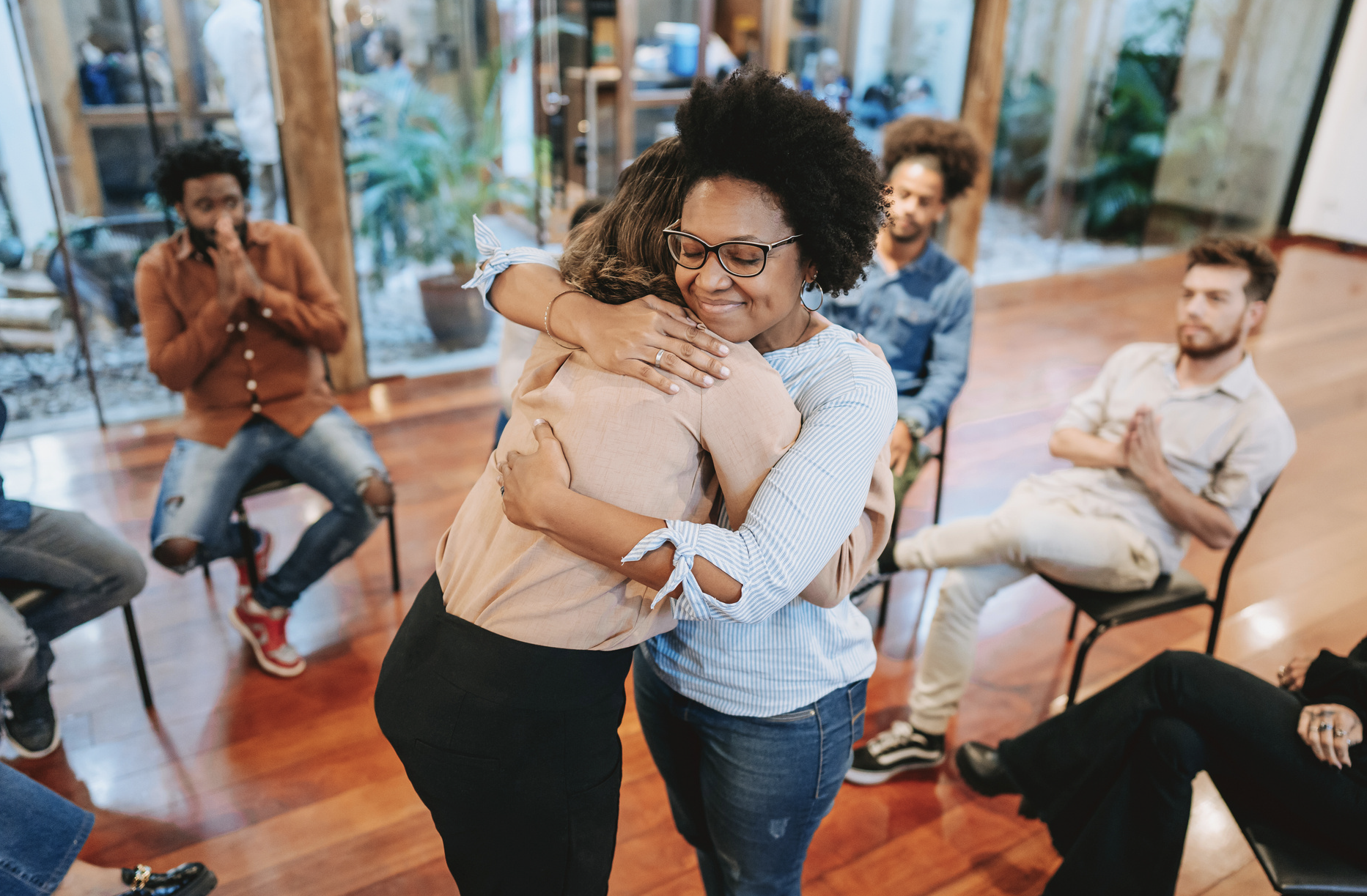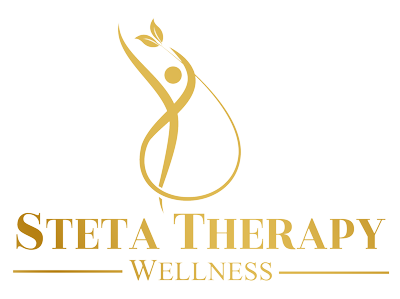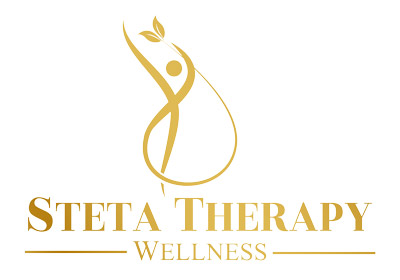
24 Apr The Power of Vulnerability: Why Emotional Openness Is a Strength, Not a Weakness
Rethinking Vulnerability: Strength in Emotional Openness
For many, the word vulnerability immediately conjures images of weakness, insecurity, or even neediness. In today’s world, we’re often rewarded for appearing self-assured, invulnerable, and always in control. But what if vulnerability isn’t weakness at all? What if it’s actually one of life’s greatest strengths?
Rather than avoiding it, what if we embraced vulnerability as the key to deeper relationships, emotional strength, and personal growth?
Vulnerability Doesn’t Equal Weakness
It’s essential to recognize the difference between genuine vulnerability and emotional dependency.
Vulnerability is a conscious, authentic act — sharing your truth, your fears, your hopes, or even your failures. It’s rooted in intention, trust, and emotional courage.
Neediness, on the other hand, stems from a lack of self-assurance and an over-reliance on external validation.
The distinction lies in emotional ownership. When you take responsibility for your emotions and share them thoughtfully, vulnerability becomes empowering, not draining.
As renowned researcher Brené Brown says:
“Vulnerability is not winning or losing; it’s having the courage to show up and be seen when we have no control over the outcome.”
Why Vulnerability Is a Superpower
So, why is vulnerability considered a strength?
At its core, vulnerability enables authentic connection. Whether in your personal life or at work, relationships built on honesty and mutual understanding are more resilient and fulfilling.
Vulnerability fosters:
- Trust
- Empathy
- Personal and collective growth
It lets others see your true self — and opens the door for real connection.
Real-Life Example: The Career Shift Sparked by Vulnerability
Take Maya, a young professional hiding burnout behind a polished façade. She took on projects she didn’t enjoy, said yes too often, and kept her struggles to herself — until a heartfelt conversation with her manager opened the floodgates.
That moment of honest vulnerability led to:
- A rebalanced workload
- Workplace wellness initiatives
- A stronger team dynamic
Later, in therapy, she shared her desire to make vulnerability part of her self-advocacy journey — proof that real change begins when we dare to be real.
How to Practice Vulnerability Without Feeling Exposed
Vulnerability can feel intimidating at first. Here are practical strategies to help you embrace it safely and authentically:
1. Start Small
Open up gradually. Share how you’re feeling or ask for support in trusted relationships.
2. Know Your Boundaries
Vulnerability doesn’t mean oversharing. Determine who has earned your trust and what you’re ready to reveal.
3. Reframe Weakness as Courage
Every time you share your truth, you’re exercising emotional bravery. Remind yourself: vulnerability = strength.
4. Listen as Much as You Share
Authenticity is a two-way street. Be present and offer empathy when others open up to you.
5. Seek Support if Needed
Therapists, coaches, or mentors can help you build emotional resilience and deepen your understanding of vulnerability.
6. Reflect and Grow
Use journaling or introspection to process how it felt to be open — and celebrate the moments you were true to yourself.
Vulnerability and Personal Fulfillment
Research supports what many have intuitively known: vulnerability improves life satisfaction.
A Stanford University study found that individuals who acknowledged personal challenges were better at adapting to change and seizing growth opportunities.
When we let go of perfection and show up as our full selves, we create:
- Deeper relationships
- Emotional freedom
- Space for joy and authenticity
As Brené Brown puts it:
“Authenticity is a daily practice of letting go of who we think we’re supposed to be and embracing who we are.”
Final Thoughts: Dare to Be Real
Vulnerability isn’t something to fix or overcome. It’s a gateway to real connection, personal growth, and living authentically.
By choosing to show up — even when it’s uncomfortable — you open yourself to the life you’re meant to live. One filled with meaning, depth, and truth.


No Comments